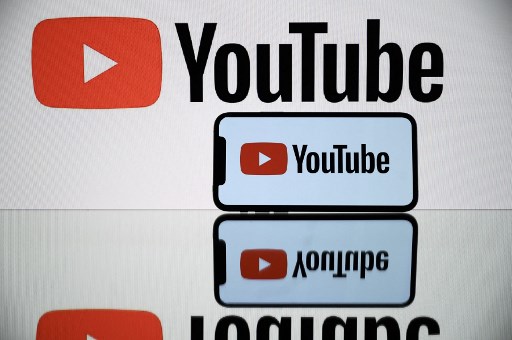
403
Sorry!!
Error! We're sorry, but the page you were looking for doesn't exist.
YouTube faces charges from Arkansas due to platform’s effect on teenager’s mental health
(MENAFN) Arkansas has filed a lawsuit against YouTube and its parent company, Alphabet, claiming that the video-sharing platform is intentionally addictive and contributing to a mental health crisis among the youth in the state. The lawsuit, initiated by Attorney General Tim Griffin’s office, was submitted in state court and accuses YouTube of violating Arkansas’s deceptive trade practices and public nuisance laws. The complaint contends that the platform's addictive nature has forced the state to allocate millions of dollars toward expanding mental health services and other support for young people.
In the lawsuit, officials assert that YouTube “amplifies harmful material,” bombards users with dopamine-inducing content, and prioritizes youth engagement to drive advertising revenue. They argue that youth mental health issues have surged in tandem with the rise of social media, particularly through platforms like YouTube. This aligns with broader concerns regarding the influence of social media on young people’s well-being, as many experts have raised alarms about the negative impact of excessive screen time and exposure to potentially harmful content.
In response to the allegations, Google, which owns YouTube, has denied the claims made in the lawsuit. A spokesperson for the company, Jose Castaneda, stated that ensuring a safer and healthier experience for young users has always been a fundamental aspect of their operations. He emphasized that Google has collaborated with experts in youth mental health and parenting to develop services and policies aimed at providing age-appropriate experiences for young users while also giving parents robust controls over their children's online activities. Castaneda labeled the allegations in the lawsuit as "simply not true."
While YouTube has policies in place requiring users under 17 to obtain parental permission before using the platform, and accounts for children younger than 13 must be linked to a parental account, it is still possible for kids to watch YouTube without an account, and many may misrepresent their age. This lawsuit adds to a growing wave of scrutiny from state and federal lawmakers regarding the effects of social media on younger demographics. Notably, U.S. Surgeon General Vivek Murthy recently urged Congress to mandate warning labels on social media platforms about their potential impacts on young people, similar to the labels required on cigarette packaging.
In the lawsuit, officials assert that YouTube “amplifies harmful material,” bombards users with dopamine-inducing content, and prioritizes youth engagement to drive advertising revenue. They argue that youth mental health issues have surged in tandem with the rise of social media, particularly through platforms like YouTube. This aligns with broader concerns regarding the influence of social media on young people’s well-being, as many experts have raised alarms about the negative impact of excessive screen time and exposure to potentially harmful content.
In response to the allegations, Google, which owns YouTube, has denied the claims made in the lawsuit. A spokesperson for the company, Jose Castaneda, stated that ensuring a safer and healthier experience for young users has always been a fundamental aspect of their operations. He emphasized that Google has collaborated with experts in youth mental health and parenting to develop services and policies aimed at providing age-appropriate experiences for young users while also giving parents robust controls over their children's online activities. Castaneda labeled the allegations in the lawsuit as "simply not true."
While YouTube has policies in place requiring users under 17 to obtain parental permission before using the platform, and accounts for children younger than 13 must be linked to a parental account, it is still possible for kids to watch YouTube without an account, and many may misrepresent their age. This lawsuit adds to a growing wave of scrutiny from state and federal lawmakers regarding the effects of social media on younger demographics. Notably, U.S. Surgeon General Vivek Murthy recently urged Congress to mandate warning labels on social media platforms about their potential impacts on young people, similar to the labels required on cigarette packaging.

Legal Disclaimer:
MENAFN provides the
information “as is” without warranty of any kind. We do not accept
any responsibility or liability for the accuracy, content, images,
videos, licenses, completeness, legality, or reliability of the information
contained in this article. If you have any complaints or copyright
issues related to this article, kindly contact the provider above.


















Comments
No comment